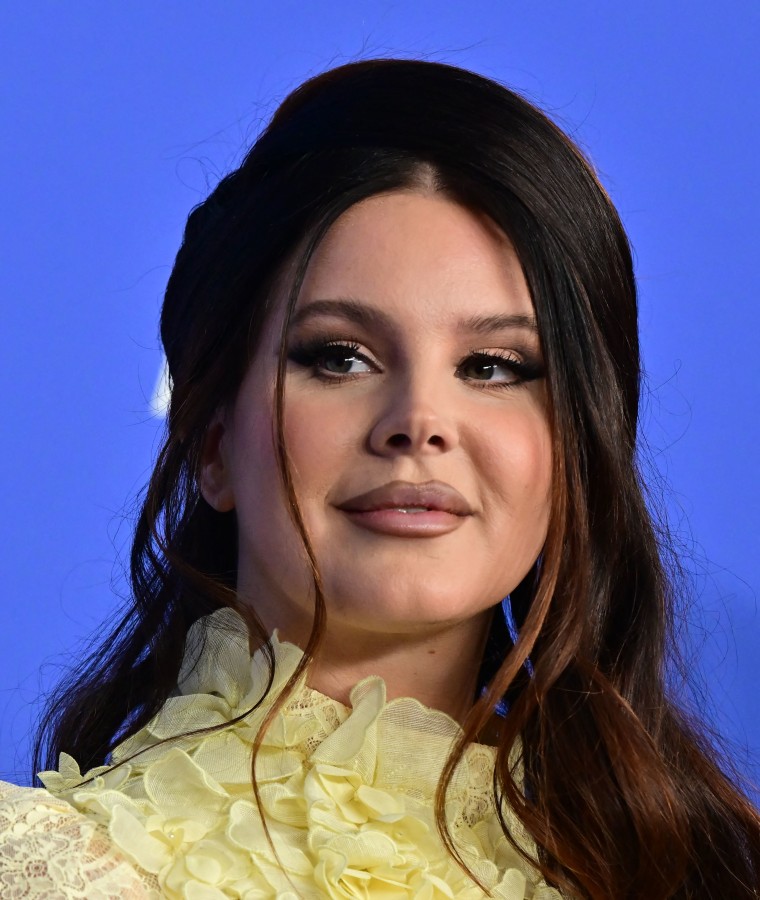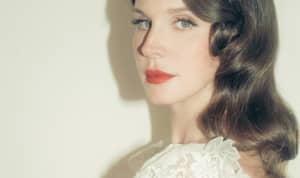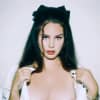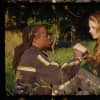 Photo by Frederic J. Brown / AFP via Getty Images
Photo by Frederic J. Brown / AFP via Getty Images
Lana Del Rey is addressing the scrutiny she dealt with at the start of her career.
In 2012, Del Rey and her debut studio album, Born to Die, became the subject of ruthless criticism. The harsh judgment appeared to mainly stem from accusations surrounding the “inauthenticity” of her artistic persona, including her over-reliance on Americana-inspired tropes, shallow “sad girl” lyrics, and her alleged glamorization of abuse.
Still, she didn’t let the critical consensus stop her from releasing records and building up a large commercial fanbase before finally cementing herself as a respected songwriter with 2019’s Norman Fucking Rockwell. In a new Harper’s Bazaar cover story, she reflects on the initial hate she faced.
“I think in one week, ‘The New Yorker,’ ‘The New York Times,’ ‘The New York Post,’ and ’New York Magazine’ agreed that it was the most ridiculous act that had ever come out,” she recalled, adding that she always believed she was being “100 percent authentic” on Born to Die.
“It’s just that where I was at the time was malleable in my own life — easy to, like, acquiesce,” Del Rey continued, “I kept rereading the idea of somebody who was feigning vulnerability. [But] perhaps what they saw was what was vulnerable.”
However, the musician said she managed to power through the hurt to write 2012's Paradise and 2014's Ultraviolence, which "may have been just pure ‘Let’s try and make this work!’ energy." And now, Del Rey's nominated for five awards at the 2024 Grammys, including Album of the Year for her latest release, Did you know that there's a tunnel under Ocean Blvd.
“I’m sure my intuition in my everyday life was still pretty strong. But with the career, I think it was like ‘Let’s just try and see if we can make this work’ instead of having it come to a brutal end," she said before concluding that it's "almost like [the critics] were wrong."
"That’s all," Del Rey concluded, "They just got it all wrong.”
Read Del Rey's entire interview with Harper's Bazaar here.


